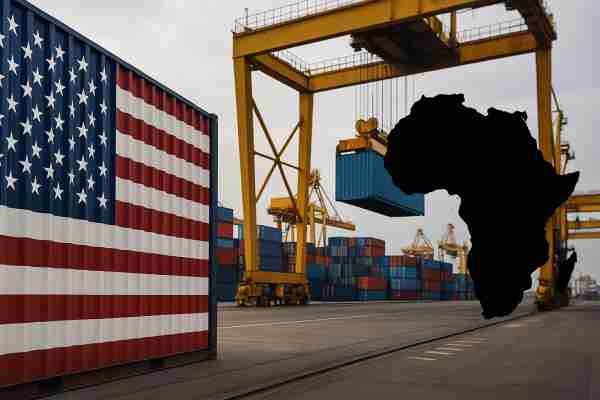The summer of 2025 became a flashpoint in global trade. The United States, acting under the slogan of “fair reciprocity,” began to review relations with dozens of countries, many of which were previously viewed as development partners. Among them are numerous African states whose economies largely depend on access to the American market. On August 1, 2025, the Trump administration’s decision to introduce a single tariff exceeding 10% on imports from more than 100 countries comes into force. This is not a random gesture. It is part of a broader strategy, initiated in the spring, aimed at radically changing the terms of international trade in favor of the United States. Official statements from the White House emphasize that the new measure is a “rebalance”: for decades, the United States, in Trump’s opinion, has been the victim of unfair rules. Now, with the help of the International Emergency Economic Powers Act, the American president is escalating trade policy. But behind the dry numbers are concrete human consequences. South Africa, one of the largest economic players on the continent, has already counted the losses. New tariffs threaten key export industries: citrus, grapes, macadamia, wine, leather, cars. The estimates are alarming - up to 100,000 jobs could be lost. And in a country where unemployment officially exceeds 30%, and unofficially - 40%, such a loss is tantamount to a national catastrophe. In the markets of Kenya, Ghana, Senegal - there is a hum of incomprehension. For small producers of agricultural products - coffee, tea, fruit - the United States was one of the few stable markets. And now, in just 90 days, trade chains are collapsing. Businessmen have not had time to rebuild. Following the decline in exports, there will be a collapse in income, an increase in poverty and political tension. What is especially painful is that while the US talks about partnership with Africa at international forums, in reality it is introducing tough barriers. On July 9, Trump met with the leaders of five African countries in Washington. Publicly, they talked about a “new era of cooperation.” Behind the scenes, they were communicating that tariffs are not being cancelled. Even friendly regimes will have to pay. The Trump administration emphasizes that countries have a way out - negotiations. Agreements on mutual concessions. Participation in the “new system.” But in Africa, this is increasingly perceived as an ultimatum. Many countries simply do not have the resources for retaliatory tariffs, and the terms of the negotiations often resemble a dictate. The first protests are being heard in international institutions such as the WTO. Economists warn that if the trend continues, trade wars will affect everything from food to medicine. Tariffs on pharmaceuticals and semiconductors are already being discussed. This could hit both global supply chains and healthcare in developing countries. However, the US administration is confident that short-term pain will be compensated by long-term benefits. Reorientation of production, return of jobs, growth of domestic GDP — these are the goals behind the strategy. And the fate of African economies is just a side effect. Will August 2025 mark the beginning of a new phase of global trade isolation? In the meantime, African markets are waiting to see who will survive and who will be left out of the global economy.
Tariff as a weapon: African exports under fire

Published : 16.07.2025
